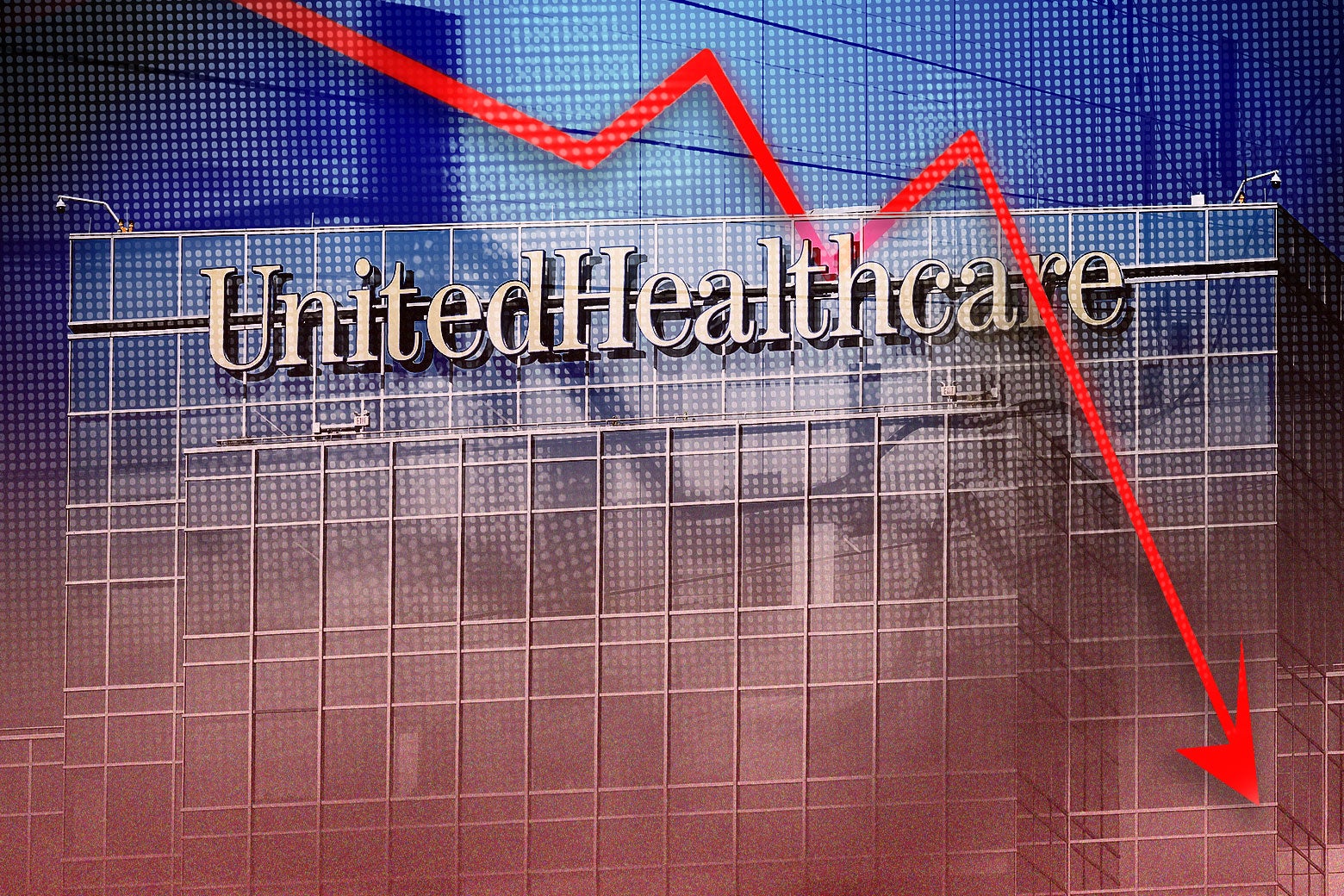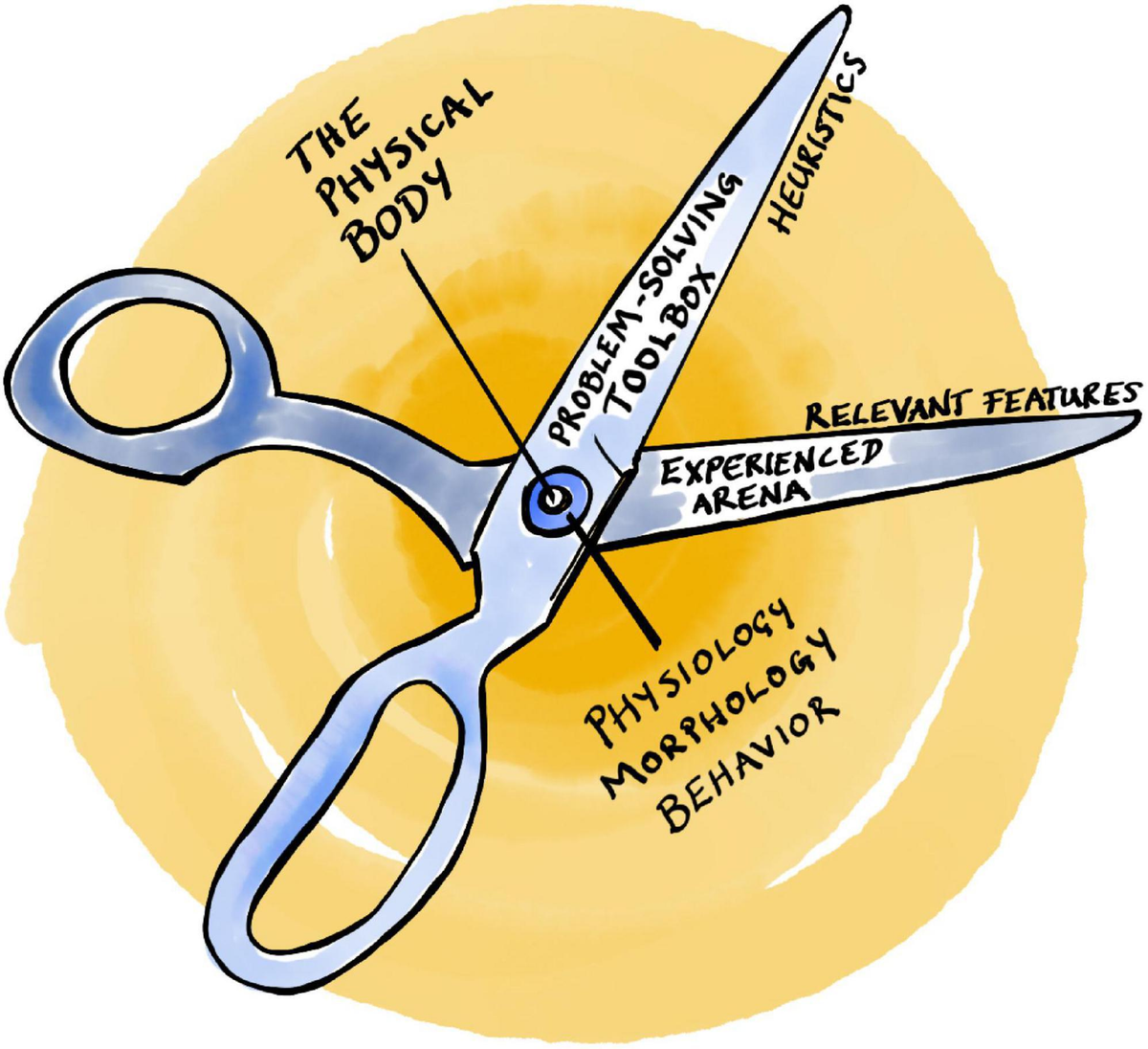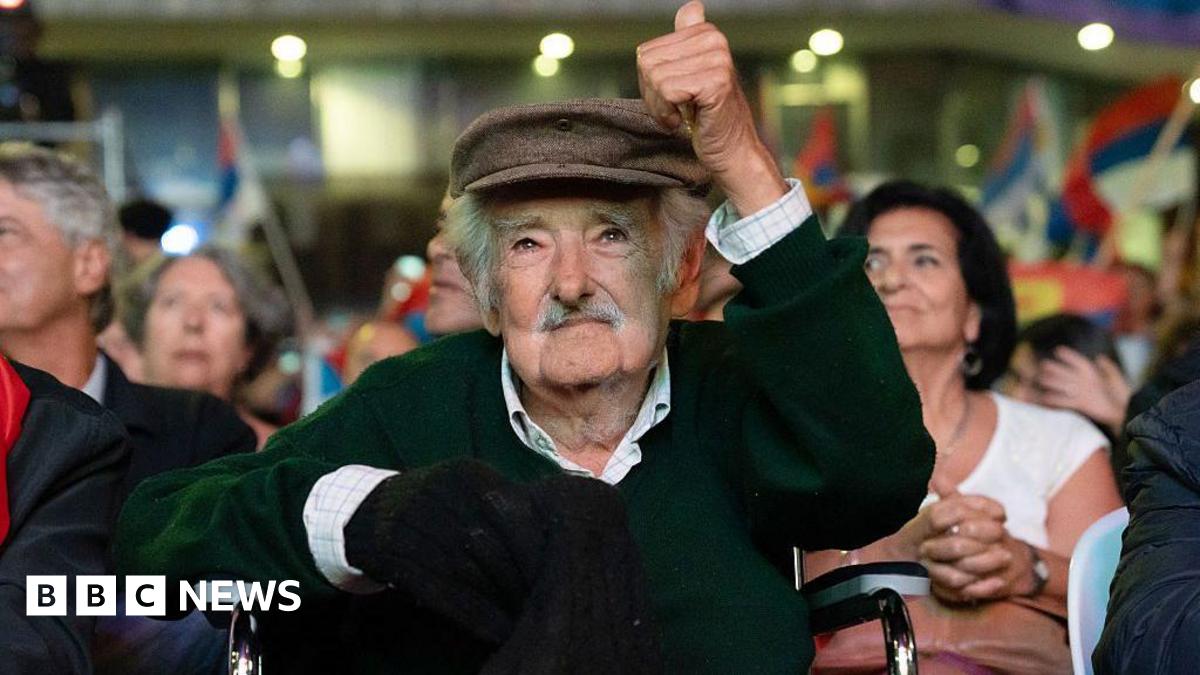The company’s stock tells a darker story about how American health care really works.
By
Alex Kirshner
Enter your email to receive alerts for this author.
Sign in or create an account to better manage your email preferences.
Are you sure you want to unsubscribe from email alerts for Alex Kirshner?
Unsubscribe from email alerts
May 14, 20254:23 PM

Sign up for the Slatest to get the most insightful analysis, criticism, and advice out there, delivered to your inbox daily.
Executives at UnitedHealth Group had egg on their faces on Tuesday morning.
Just a few weeks ago, on April 17, the parent company of UnitedHealthcare released first-quarter results and downgraded its predictions for itself (or “revised its guidance,” in corporate-speak) for the rest of 2025. Its stock price fell 6 percent, a tough day on Wall Street for the largest private health insurer in the United States. But that downbeat report apparently did not go far enough. Things were actually much worse, and on Tuesday, the company suspended its guidance altogether while it sorts through the financial wreckage. It also announced that CEO Andrew Witty had stepped down for “personal reasons.” That same day, UnitedHealth lost 18 percent of its value, making last month’s drop look like a picnic.
The company’s new CEO had a call with investors at the start of the day. One topic was conspicuously not part of the call: the killing of UnitedHealthcare CEO Brian Thompson on a New York sidewalk in December. (Thompson was never the head honcho of the whole company, just of its largest division, its health insurance brand.) Thompson’s death has been an elephant in the room; Stephen Hemsley, a former CEO of the company who is now returning to that role, referred in his opening remarks to UnitedHealthcare’s having gone through “one of the most difficult periods any company could endure.” But this crisis wasn’t about Thompson, and none of the investors or analysts on the call brought him up. They wanted to know about more typical shareholder fare: margins, “excess utilization,” and the like.
Thompson’s death has spawned a million bad theories about the virtues of cold-blooded murder. It created a fandom culture around his accused shooter, Luigi Mangione, and an endless cycle of cheerleading and scolding in response. Prosecutors have prosecuted. Editorial boards have editorialized. Amid that endless noise, only one reaction to Thompson’s killing has raised a fresh point about the American health care industry. That signal is UnitedHealth’s stock price, which closed on Tuesday at $311.38.
UnitedHealth’s stock was telling a specific story within minutes of Thompson’s death, the morning of Dec. 4. Within a couple of hours, the whole world learned that Thompson had been killed. But that morning, the company’s stock went up, before closing basically flat on the day. The market had weighed in on Thompson’s death, and its conclusion was that UnitedHealth had such a solid business that the loss of one key executive was not a major setback. The company had entrenched itself so far into the U.S. health care apparatus that it could weather the turnover. After all, Thompson had died outside a conference at which UnitedHealth had issued some encouraging financial information. A major health care company is not the kind of outfit that depends on the irreplaceable talents of one executive. Market power and the lack of lower-cost public alternatives for many of its customers will do just fine.
Thompson’s killing didn’t hurt UnitedHealthcare much, but the reaction to the killing did. By the next day, big swaths of social media were celebrating the shooter, and the deep swell of interest in the event had become a public-relations problem for the business. Stories appeared on the front page of most every major outlet, and old investigations of UnitedHealthcare began recirculating widely across the web. Lots of people who might have previously been skeptical of health insurers in general trained their focus on UnitedHealthcare in particular. I must have seen the same ProPublica report about the company’s aggressive claim denialism 10 times that day. The company was a symbol of capitalist excess and a broken industry. After police arrested him in central Pennsylvania, Mangione was all of a sudden health care’s Che Guevara.
The deluge of bad press caused the company’s stock to slide hard until finding a plateau in mid-December. Things were steady for a while after that until getting bad again in April, when the company issued that lousy report about how things were going.
It became reasonable to wonder, as some investors have, whether UnitedHealthcare would face additional blowback from customers, regulators, and elected officials. Did it change its business after Thompson’s death? Specifically, did it become more conciliatory toward its customers? Was it less ruthless about denying claims in the preservation of margins?
The company hasn’t said that. Some investors think so, though. Last week, one shareholder filed a ridiculous-sounding securities fraud lawsuit against UnitedHealth, arguing that the company went soft because of its post-Thompson PR problems and backed away from the “anti-consumer” aggressiveness that had allowed it to maintain its financial performance. The company didn’t disclose that it was doing that, the lawsuit says. That could be because UnitedHealth did not actually soften up.
This view is not completely out there, however, and the suit cites a professional health care equity analyst who told media that the company was trying to keep the heat down. UnitedHealth was “likely looking at what they need to be doing from a policy standpoint to be a more acceptable player in the U.S. health care system,” he argued. The analyst essentially believed that the company was not being as hawkish about telling patients with claims to buzz off.
Maybe, maybe not. Absent UnitedHealthcare’s sharing a big pile of data or broad takeaways about claim denials—something it’s declined to do when asked by reporters—we don’t know. But unless company executives are lying in their official statements to Wall Street and regulators, UnitedHealthcare’s recent problems are not because it has stopped being stingy with claims. Rather, UnitedHealthcare is struggling because its business is taking money from people ahead of time and hoping they don’t need it back in the form of payments to cover medical costs. Well, lately, it turns out that a lot of people need it.
UnitedHealth says it has seen an uptick in “care activity” among its customers who use UnitedHealth insurance to supplement their Medicare coverage. Most companies do better when more people use their products, but insurance companies do not. UnitedHealth is struggling because too many customers are using their insurance too much. It has kept growing its revenue, but it has started spending much more than it used to—about $8 billion more on medical costs in the first three months of 2025 than in 2024. Elderly people seem like a particular problem, as the company is seeing “higher senior care activity,” with its Medicare Advantage customers proving a vexing group. UnitedHealth has had to put more of customers’ premiums back into their care, though the company’s insurance division has remained profitable.
To listen to UnitedHealth executives talk to their Wall Street colleagues is to see the big-time health insurance industry laid out with much more clarity than any act of physical violence would ever offer. The company’s leaders spoke on Tuesday of a “greater-than-expected impact” from the “health status of new members.” (In other words, a multi-hundred-billion-dollar business is designed to suffer when its health insurance customers are sick.) The “acceleration of utilization” was straining the company.
None of that language is even all that scandalous. It’s just how insurance works. But maybe it is not ideal when a country’s largest provider of a service finds itself in turmoil and sheds tens of billions of dollars in value in a few hours because too many people are using that service too much. On the one hand, UnitedHealth will defend itself against a lawsuit that argues that it wasn’t sufficiently “anti-consumer” after Thompson’s death. On the other hand, the company’s stock is down 49 percent over the past six months, and the simplest way to stop that bleed would be to start being just as ruthless as its critics say it has always been. But there is a limit, somewhere, to how many claims a health insurer can deny and still keep the business of the nation’s would-be sick people.
This conundrum ought to tell us more about the state of American health care than the notes Mangione had on him when he was arrested. It certainly tells us more than a gunman’s killing of an insurance CEO in the first place. UnitedHealthcare is the biggest player in the game, and its leader was the victim of one of the most famous shootings in U.S. history. But his death alone didn’t tank the company’s stock and isn’t what Wall Street is so worried about now. No, it didn’t plunge the health insurer into chaos. Sick people and their stubborn need to use their health insurance did.
Sign up for Slate's evening newsletter.









 English (US) ·
English (US) ·